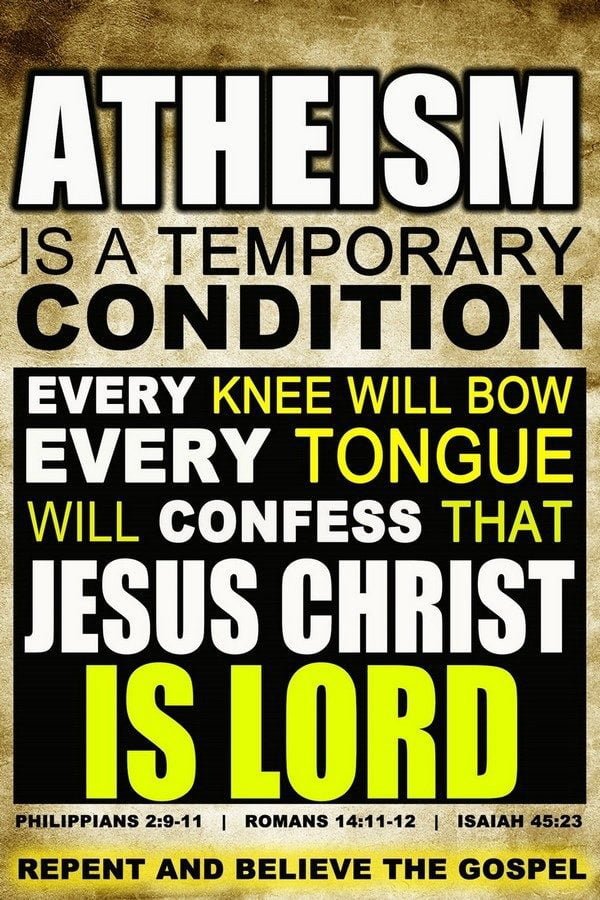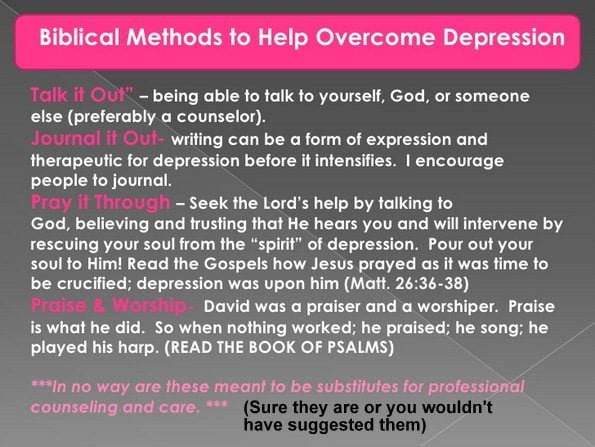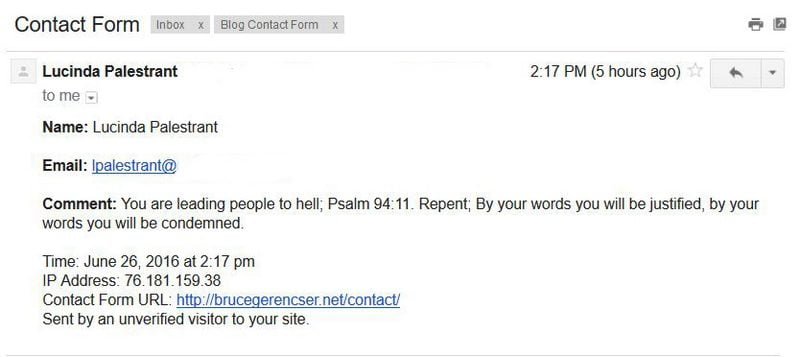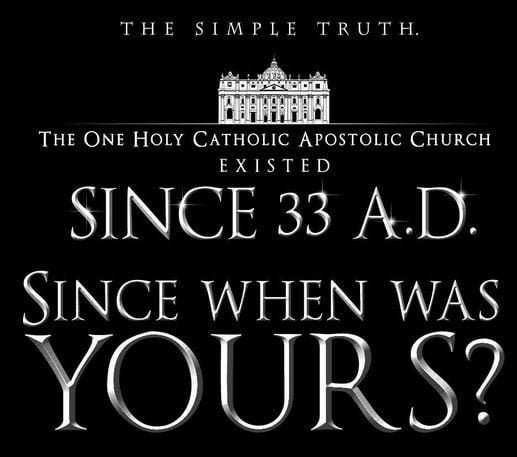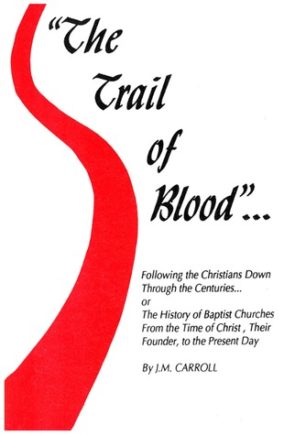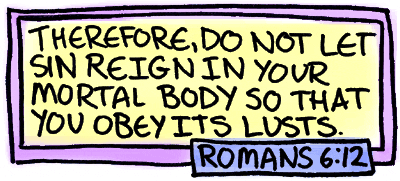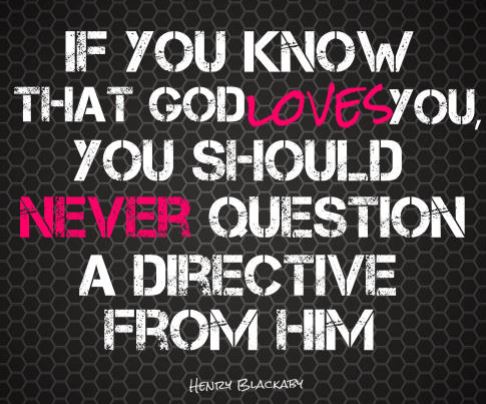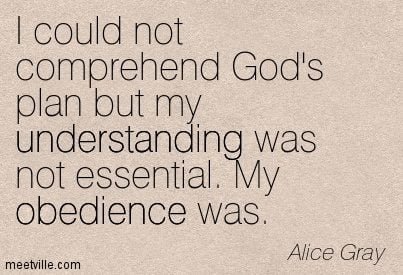
Warning! Snark ahead! Evangelicals easily offended by having their bigotry exposed should NOT read this post!
In 2016, the American Medical Association’s Internal Medicine Journal released a report detailing the health problems faced by LGBT people. CNN reported:
Researchers now have a broader understanding of the health disparities suffered by gay, lesbian and bisexual people. A recent study found that these groups are more likely to suffer psychological distress, heavy drinking and heavy cigarette smoking.
The study, published in the American Medical Association’s Internal Medicine journal on Monday, sheds new light on such disparities in a population-based sample of adults in the United States.
….
“This study was one of the largest, most comprehensive studies of its kind to find differences in health and health behaviors by sexual orientation,” said Carrie Henning-Smith, health policy researcher at the University of Minnesota and a co-author of the study. “Our findings should raise concern that lesbian, gay and bisexual adults experience health disparities.”The researchers analyzed data collected from more than 68,000 [67,150 survey respondents were heterosexual, 525 lesbian, 624 gay and 515 bisexual. The average age was about 47] adults nationwide as part of the Centers for Disease Control and Prevention’s 2013 and 2014 National Health Interview Surveys. The surveys included questions about sexual orientation, chronic conditions, mental health, alcohol consumption, cigarette use and overall health.
The researchers discovered that gay and bisexual men were more likely than heterosexual men to suffer severe psychological distress, heavy drinking and heavy cigarette smoking. Lesbians were more likely than heterosexual women to experience psychological distress, poor or fair health, and heavy drinking and smoking. Bisexual women were more likely to suffer multiple chronic conditions.
“The data did not allow us to identify specific causes of health disparities in this study,” Henning-Smith said. “However, we know from other research that the experience of being part of a stigmatized minority population can lead to chronic stress, which, in turn, can have negative impacts on health and health behaviors.”
The researchers hope that the data could help to inform and encourage clinicians to be more sensitive to and aware of the specific psychological and physical needs of gay, lesbian and bisexual patients.….
Evangelicals have quickly and viciously used this report as “proof” that being LGBT promotes unhealthy lifestyles. Evidently, these homophobic bigots missed the line that stated “The data did not allow us to identify specific causes of health disparities in this study.” One such person is a woman by the name of Denise who spends a lot of time “anally” reporting on the vile, wicked, sinful behavior of people she labels sodomites. Denise is a Calvinist, the female version of Steven Anderson. Unlike Anderson, Denise doesn’t show her face on videos nor does she let readers know her last name. That said, theology and her obsession with oral and anal sex and STDs are very Andersonesque. In a post titled, Survey: excessive health problems among deviants, Denise opines:
Sin has consequences. Trying to go against God’s created order, suppressing the Truth with their unrighteousness (Romans 1), will have physical ramifications. They blame those who reject their deviant behavior, for their physical problems which is irrational. The problem is enslavement to sin, and the solution is to repent of one’s sins, confess one to be totally depraved with original sin, and cry out to God our Creator, for mercy and forgiveness. He is quick to forgive and save those who come to Him through Jesus Christ the resurrected Lord for salvation. Those whom HE sets free through faith in Christ Jesus alone by His blood, are made free indeed by Him.
Denise thinks that the reason LGBT people have certain health problems is due to the fact that they are sinful deviants. Denise totally rejects the notion that gay haters such as she are part of the problem. In Denise’s world, LGBT people are sick for one reason — sin!! According to Anderson’s comrade in the war against “sodomy,” if sodomites would just repent of their sins (which means becoming as God made them — heterosexuals) and cry out to the Calvinistic God for mercy and forgiveness, all would be forgiven and their health problems would disappear. Now, I am sure Denise would say, No, LGBT health problems are the consequences of their deviancy. Yes, Jesus will save them and deliver them from their wicked desires, but former LGBT people still have to live with the physical damage done by lifetimes of wrong-way fucking. I suspect Denise would also say that LGBT deviants should repent while they are young before sexual “sins” ravage their bodies. Get out while you are young, Denise likely would say. Live the best years of your life in service of the heterosexual God.
If Jesus is the “cure” for LGBT health problems, why are so many heterosexual Christians sick? Churches are filled with people who are sickly, suffering the ravages of countless diseases. Perhaps Evangelicals are sick due to heterosexual anal sex and blowjobs, Denise might say. Only married missionary position intercourse is permitted! Grandma Grace, why do you have cancer? granddaughter Evangeline asks. Grandma Grace shamefully hangs her head and says, I gave Grandpa Joseph a blowjob in 1983. Cancer is God’s punishment for me swallowing. If you want to avoid cancer, Grandma Grace says, never, ever put anything but food in your mouth, and never, ever let your husband come through the back door.
The very notion that LGBT people have certain health problems due to “sin” is ludicrous. I am sure that in the years ahead, researchers will continue to investigate exactly why LGBT people are more prone to certain illnesses. I suspect that researchers with find that AIDS, unrelenting persecution by Evangelicals, Mormons, and conservative Catholics, and lack of medical care contributed to many of the LGBT health issues detailed in the aforementioned study. For those of us who are heterosexual, perhaps we should ask ourselves how our health might be affected if we had to live in circumstances similar to those of LGBT people. I wonder, would we turn to substance abuse, suicide, and have increased mental health issues? Those of us who were savaged by Christian Fundamentalism (please see Are Evangelicals Fundamentalists?) understand how constant assaults on your humanity can lead to mental health problems and thoughts of suicide. Those waging war against all things non-heterosexual are the very same people who preach and write against any and all behaviors they consider “sins” against their peculiar version of God. It should be clear to all who dare to see that Evangelicalism, Mormonism, and conservative Catholicism breed hate — hate not only of those they deem “sinful,” but also hate of self. Knowing who and what they really are, these defenders of virginity, heterosexuality, and Christian America rail against the very secrets they hide from their fellow Christians. As is often the case, people who scream and preach the loudest against this or that behavior are often secretly doing the same. Stay tuned. Perhaps we shall someday learn that Denise is really into making her own clothes — which is hard to do without a good bit of scissoring. 🙂
Bruce Gerencser, 68, lives in rural Northwest Ohio with his wife of 47 years. He and his wife have six grown children and sixteen grandchildren. Bruce pastored Evangelical churches for twenty-five years in Ohio, Texas, and Michigan. Bruce left the ministry in 2005, and in 2008 he left Christianity. Bruce is now a humanist and an atheist.
Your comments are welcome and appreciated. All first-time comments are moderated. Please read the commenting rules before commenting.
You can email Bruce via the Contact Form.

